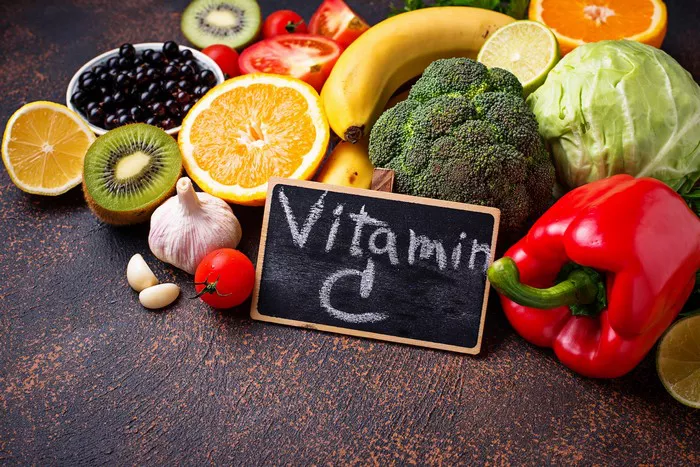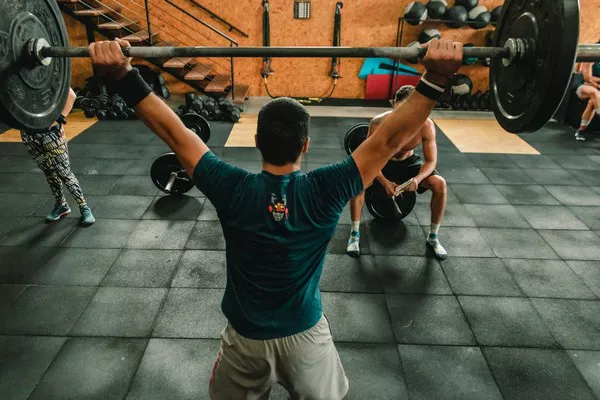Bananas are one of the world’s most popular fruits, beloved for their sweet flavor, convenient packaging, and array of health benefits. While bananas are often praised for their potassium content, they also contain a variety of essential vitamins that contribute to overall health and well-being. In this comprehensive guide, we delve into the vitamin content of bananas, exploring their nutritional profile, health benefits, and tips for incorporating them into a balanced diet.
Understanding the Nutritional Value of Bananas
Before diving into the specific vitamins found in bananas, let’s take a moment to appreciate their overall nutritional value. Bananas are a rich source of carbohydrates, particularly natural sugars like glucose, fructose, and sucrose, which provide a quick source of energy. They also contain dietary fiber, primarily in the form of soluble fiber known as pectin, which supports digestive health and helps regulate blood sugar levels.
In addition to carbohydrates and fiber, bananas are low in fat and protein but contain a variety of vitamins and minerals that contribute to their nutritional profile. These vitamins and minerals play essential roles in various bodily functions, including metabolism, immune function, and cell maintenance.
Banana Vitamins: Exploring Their Vitamin Content
Bananas contain a range of vitamins, although their specific vitamin content may vary slightly depending on factors such as ripeness and variety. Here are some of the key vitamins found in bananas:
1. Vitamin C: Bananas are a good source of vitamin C, also known as ascorbic acid, which acts as an antioxidant in the body, protecting cells from damage caused by free radicals. Vitamin C also plays a crucial role in collagen synthesis, wound healing, and immune function.
2. Vitamin B6: Bananas are rich in vitamin B6, also known as pyridoxine, which is involved in over 100 enzyme reactions in the body, including those related to metabolism, neurotransmitter synthesis, and hemoglobin production. Vitamin B6 also supports brain health and may help reduce the risk of certain chronic diseases.
3. Folate (Vitamin B9): Folate, or vitamin B9, is essential for DNA synthesis, cell division, and red blood cell formation. Bananas contain a modest amount of folate, which is particularly important for pregnant individuals to support fetal development and reduce the risk of neural tube defects.
4. Vitamin A: While not as abundant as some other vitamins, bananas contain small amounts of vitamin A, primarily in the form of beta-carotene. Vitamin A is important for vision, immune function, and skin health, as well as for maintaining the health of epithelial tissues throughout the body.
5. Vitamin K: Bananas contain trace amounts of vitamin K, which plays a key role in blood clotting and bone metabolism. While bananas are not a significant source of vitamin K compared to leafy green vegetables, every little bit helps contribute to overall vitamin intake.
6. Vitamin E: Bananas also contain small amounts of vitamin E, a fat-soluble antioxidant that helps protect cell membranes from damage caused by free radicals. Vitamin E may also have anti-inflammatory properties and play a role in immune function and skin health.
7. Vitamin B3 (Niacin): Niacin, or vitamin B3, is involved in energy metabolism, DNA repair, and cell signaling. While bananas are not a primary source of niacin, they contribute a small amount to overall niacin intake, along with other foods in the diet.
8. Vitamin B5 (Pantothenic Acid): Bananas contain trace amounts of pantothenic acid, or vitamin B5, which is involved in energy metabolism, hormone synthesis, and cholesterol metabolism. While bananas are not a significant source of vitamin B5, they contribute to overall B vitamin intake.
Tips for Maximizing Vitamin Content and Nutritional Benefits
To maximize the vitamin content and nutritional benefits of bananas, consider the following tips:
Choose Ripe Bananas: While unripe bananas contain more resistant starch and less sugar, ripe bananas are sweeter and easier to digest, making their nutrients more bioavailable. Look for bananas with yellow peels and brown spots for optimal ripeness.
Incorporate Bananas into Balanced Meals: Enjoy bananas as part of a balanced diet that includes a variety of fruits, vegetables, whole grains, lean proteins, and healthy fats. Incorporate bananas into smoothies, oatmeal, yogurt bowls, and baked goods for added flavor and nutrition.
Pair Bananas with Vitamin C-Rich Foods: Enhance the absorption of iron from plant-based sources by pairing bananas with vitamin C-rich foods like citrus fruits, strawberries, kiwi, or bell peppers. This combination can help optimize iron absorption and support overall nutrient intake.
Experiment with Different Varieties: Explore different varieties of bananas, such as Cavendish, plantains, red bananas, or mini bananas, to experience a variety of flavors, textures, and nutritional profiles. Each banana variety offers its own unique combination of vitamins, minerals, and phytonutrients.
Consider Banana Supplements: While whole bananas are the best source of vitamins and minerals, banana supplements, such as banana powder or banana extract, can be convenient alternatives for adding banana flavor and nutrients to smoothies, baked goods, and other recipes.
In Conclusion: Harnessing the Nutritional Power of Bananas
In conclusion, bananas are not only delicious and convenient but also packed with essential vitamins that contribute to overall health and well-being. From vitamin C and vitamin B6 to folate and vitamin A, bananas offer a diverse array of nutrients that support various bodily functions, from immune function to metabolism to skin health.
By incorporating bananas into a balanced diet and exploring different varieties and preparation methods, individuals can harness the nutritional power of bananas and enjoy their health benefits to the fullest. Whether enjoyed on their own as a quick snack or incorporated into meals and recipes, bananas are a versatile and nutritious addition to any diet.
[inline_related_posts title=”You Might Be Interested In” title_align=”left” style=”list” number=”6″ align=”none” ids=”7123,7051,7048″ by=”categories” orderby=”rand” order=”DESC” hide_thumb=”no” thumb_right=”no” views=”no” date=”yes” grid_columns=”2″ post_type=”” tax=””]

































